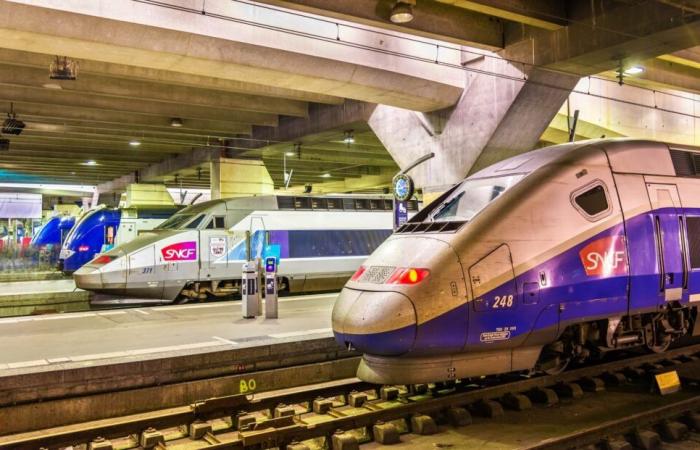The SNCF strike is once again mobilizing railway workers and unions, opposed to reforms and restructuring affecting the railway network. In a context of opening to competition and reorganization of certain services, this strike is based on major concerns about working conditions and company unity. Beyond the demands, this movement could have numerous impacts for travelers and disruptions are expected. Passengers, like the SNCF itself, will have to prepare for the consequences and seek to adapt to limit the inconvenience.
What are the reasons behind the SNCF strike decision?
The SNCF strike scheduled for November 21, 2024, potentially followed by an extension in December, is motivated by several demands from railway unions, such as the CGT-Cheminots and Sud-Rail, to protest against certain changes.
They are opposed to what they consider to be a progressive “privatization” of the SNCF, in particular with the dismantling of Fret SNCF, the goods transport branch. According to them, these measures threaten the working conditions of employees, their rights and could lead to job cuts. They also believe that the division of the company into several subsidiaries, which involves the transfer of certain railway workers to them to respond to competition, weakens the unity of the company.
What are the consequences for passengers?
If this strike materializes and continues, the repercussions could be significant for passengers, the company, as well as for employees.
For passengers
The consequences for passengers are likely to be considerable. Indeed, cancellations and disruptions are planned on many lines, including the TGV, Intercités, TER and the Transilien networks in the Paris region. In December, the strike could disrupt journeys planned during the Christmas and end-of-year holidays. Passengers should expect queues at stations, difficulty finding alternatives, and a risk of saturation on alternative transport, such as buses and carpooling.
For the SNCF
The strike could have serious consequences for the company. It risks suffering significant financial losses due to the drop in attendance and refunds or compensation linked to canceled tickets. The repetition of strike action also creates a perception of instability which could discourage some users from using the train, which could affect long-term profitability.
Furthermore, if the strike extends into December, international travelers and those using holiday trains could turn to other means of transport, such as planes or cars, further weakening the image reliability of the SNCF.
For employees and unions
The strike movement could harden relations with management, making future negotiations more difficult and accentuating uncertainty around the sustainability of certain positions, particularly in branches threatened by ongoing reforms.
How can passengers cope with this strike?
To limit the impact of strikes, passengers can take certain precautions by consulting the traffic forecasts available on the SNCF website or the platforms dedicated to Transiliens and RER. Travelers will be informed by SMS or email of the cancellation of their TGV or Intercités approximately 24 to 48 hours in advance.
It is also recommended to plan alternative transport solutions, such as carpooling, long-distance buses or car rental, to minimize inconvenience in the event of train cancellation. Finally, it is useful to regularly check the status of your train and its timetables on the SNCF platforms.






